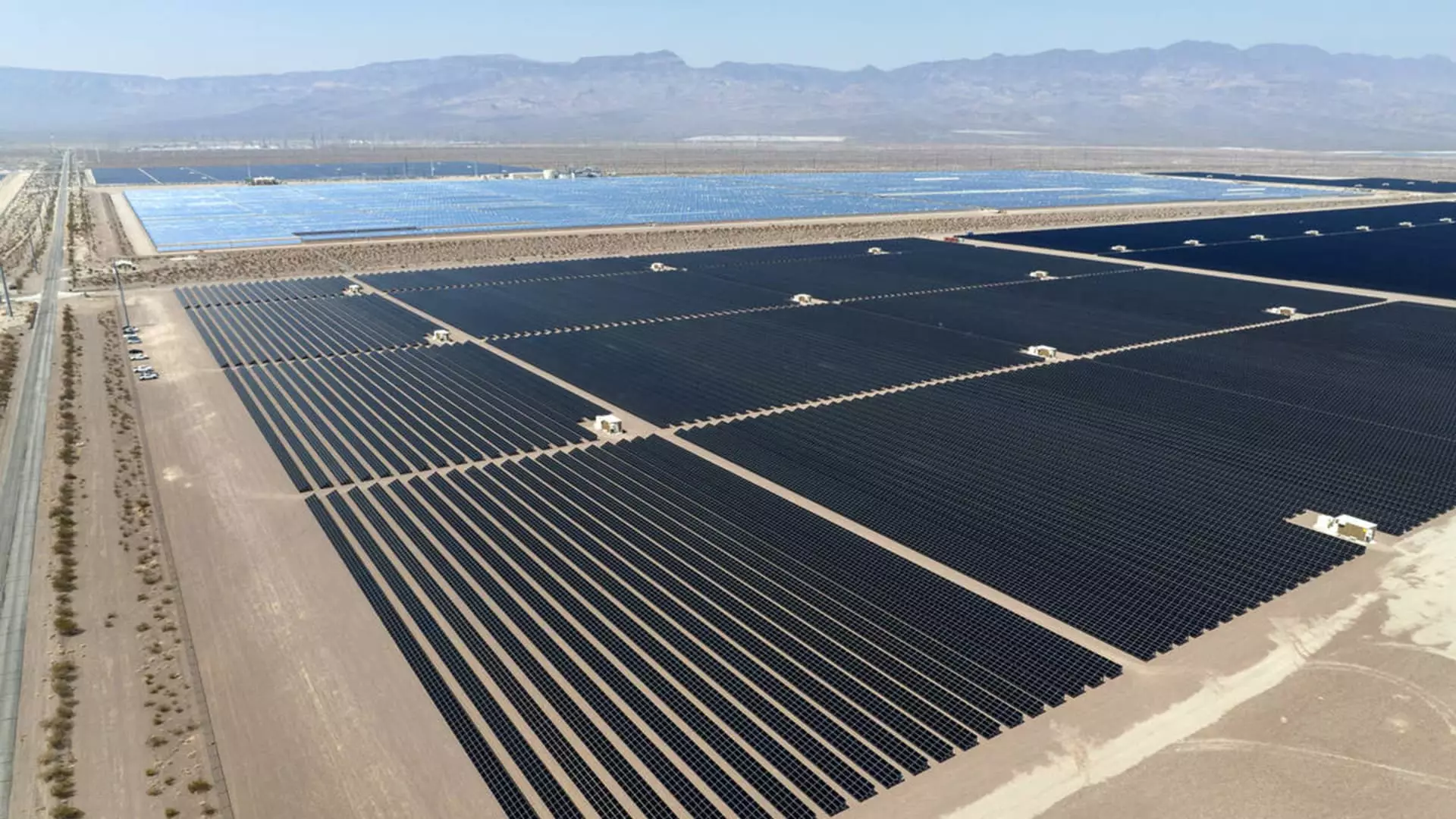The recent election results, which have led to Donald Trump’s re-election as President, have sent shockwaves through the solar energy market. This market response is primarily driven by concerns over the future of the Inflation Reduction Act (IRA), a landmark piece of legislation championed by the Biden administration that has significantly elevated clean energy initiatives through financial incentives. As investors reacted to the news of Trump’s electoral victory, solar stocks experienced an alarming decline during premarket trading, signalling deeper anxieties regarding the sustainability of the clean energy boom in the United States.
The market witnessed notable declines in major solar stocks. The Invesco Solar ETF, a benchmark for solar investments, plummeted over 9%, while prominent manufacturers like First Solar saw their stock prices decrease by an alarming 12%. Residential solar companies were not spared: Sunrun and Sunnova faced drops of 15% and 20%, respectively. Moreover, inverter manufacturer Enphase’s stock took an 11% hit, while Nextracker slid down by nearly 12%. These significant drops paint a grim picture for investors, who are now questioning the viability of their investments in a possibly hostile political environment for renewable energy.
At the core of the market’s rationale lies Trump’s articulated disdain for the IRA, which he has disparagingly labeled the “Socialist Green New Deal.” Trump’s platform, which envisions a rollback of the IRA’s provisions, raises alarms for stakeholders invested in sustainable energy. The act, which passed without any Republican backing, represents a critical policy framework for promoting solar energy through generous tax incentives. As Trump positions himself against such measures, the trajectory of U.S. clean energy policy becomes uncertain, sparking a backlash in solar stock performance.
However, the implications of Trump’s re-election transcend mere market performance; they also hinge on broader political dynamics. For the IRA to face substantial legislative alterations, it’s essential to observe not only Trump’s presidential victory but also the composition of Congress. A complete Republican takeover may solidify efforts to dismantle Biden’s clean energy policies. Conversely, if Democrats manage to maintain control in key congressional areas, it could provide a buffer against drastic overhauls in clean energy legislation, potentially stabilizing the market amidst evolving political climates.
As the political landscape continues to shift, the future of the solar sector remains precarious. Investors will need to closely monitor developments concerning both Trump’s policies and congressional dynamics to grasp potential impacts on the clean energy market. The ramifications of Trump’s presidency may not only redefine American energy policy but also shape the landscape for renewable investments for years to come. Indeed, navigating this uncertain environment will require strategic foresight as firms evaluate their role in an evolving energy economy. The landscape may be rocky, but the long-term push towards sustainable energy cannot be underestimated, regardless of political affiliations.

